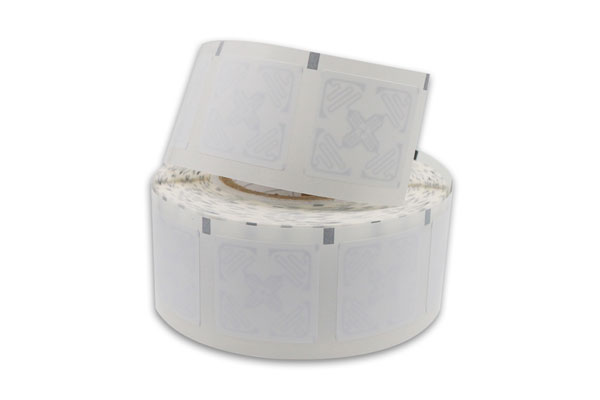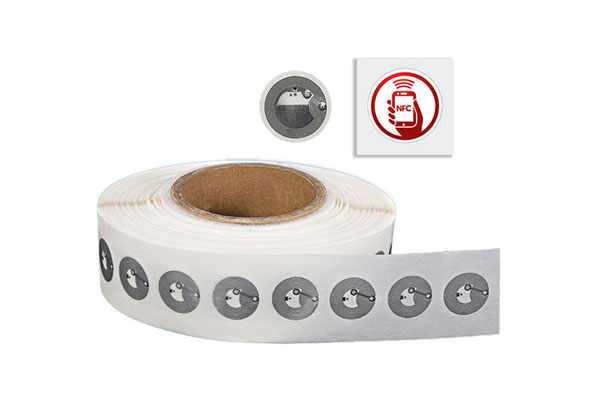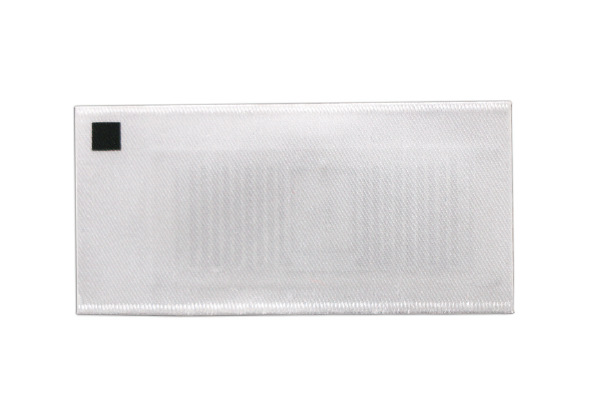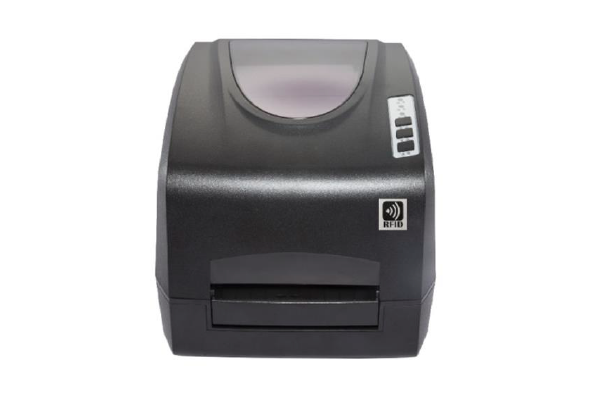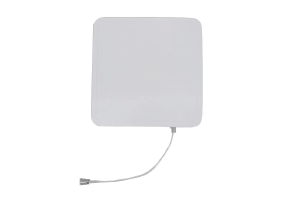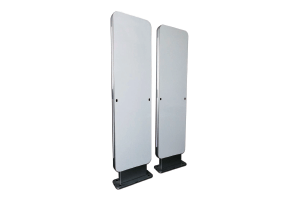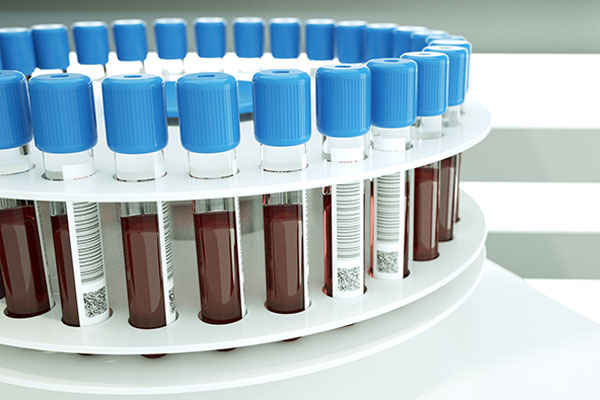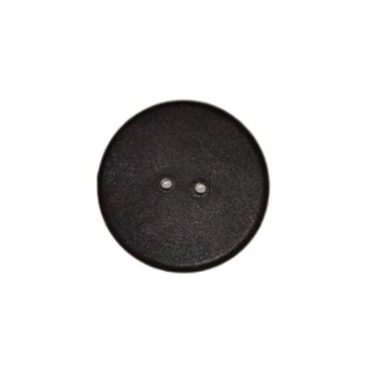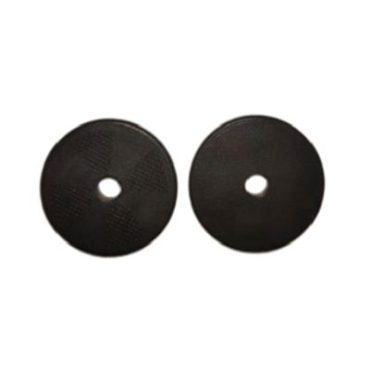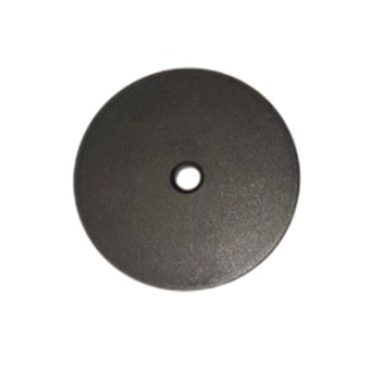IC type: NXP UCODE 8; Tag dimensions: Φ25.5 * T2.7mm(Accuracy...
UHF PPS Tags
RFID PPS tags (polyphenylene sulfide) are a type of tag that is known for their durability and resistance to harsh environmental conditions. These tags are commonly used in laundry management, where they can withstand exposure to high temperatures and harsh chemicals.
It offers reliable tracking of garments and linens in industrial laundry settings. They are designed to withstand the rigors of washing and drying and can be heat-sealed onto clothing labels for maximum durability.
If you’re looking for tags, the DTB is a great place to start. They offer a variety of laundry tags, including PPS tags, that are designed for use in commercial and industrial laundry settings.
Whether you need to track garments through the laundry process, manage inventory, or prevent loss, our tags are an excellent choice. They offer high-quality performance and long-lasting durability, making them ideal for a variety of laundry management applications.
1. What are PPS Tags?
PPS Tags are made from polyphenylene sulfide (PPS) material, combined with RFID technology. It offers durability, high-temperature resistance, and RFID functionality for various industrial applications.
2. What are the advantages of using it?
The Tags excel in harsh environments due to their resistance to chemicals, extreme temperatures, and physical stress. They provide reliable asset tracking and management in industries like manufacturing and aerospace.
3. How does the RFID technology work in PPS Tags?
It integrates an RFID chip and antenna, allowing wireless communication with RFID readers. This enables real-time tracking and identification even in challenging conditions.
4. In which industries are RFID UHF PPS Tags commonly employed?
Industries such as automotive, oil and gas, and heavy manufacturing rely on those tags for tracking equipment, tools, and assets in demanding settings where other materials might degrade.
5. Can RFID UHF PPS Tags withstand high temperatures?
Yes, the tags are designed to withstand high temperatures, making them suitable for applications in environments where extreme heat or exposure to chemicals is a concern, ensuring long-term functionality.

